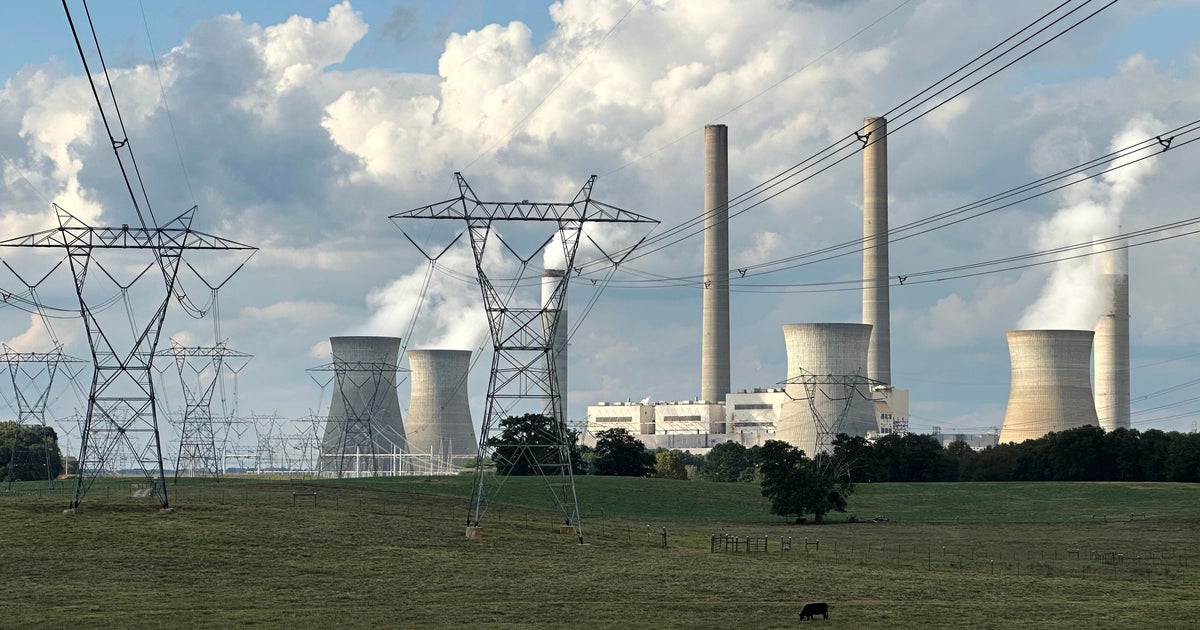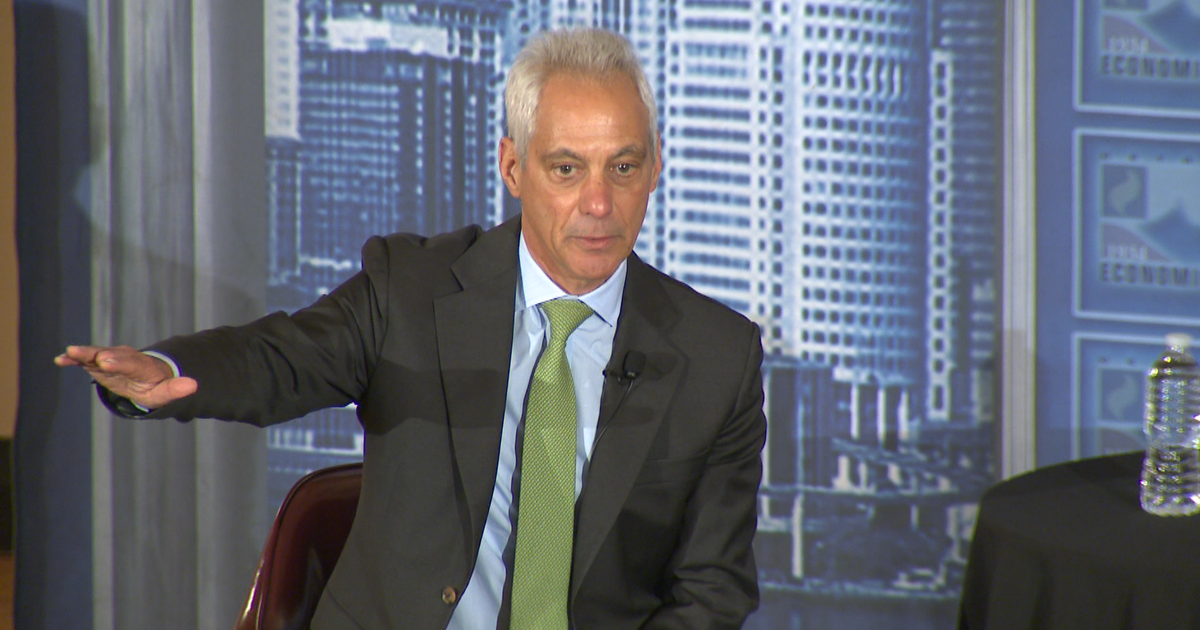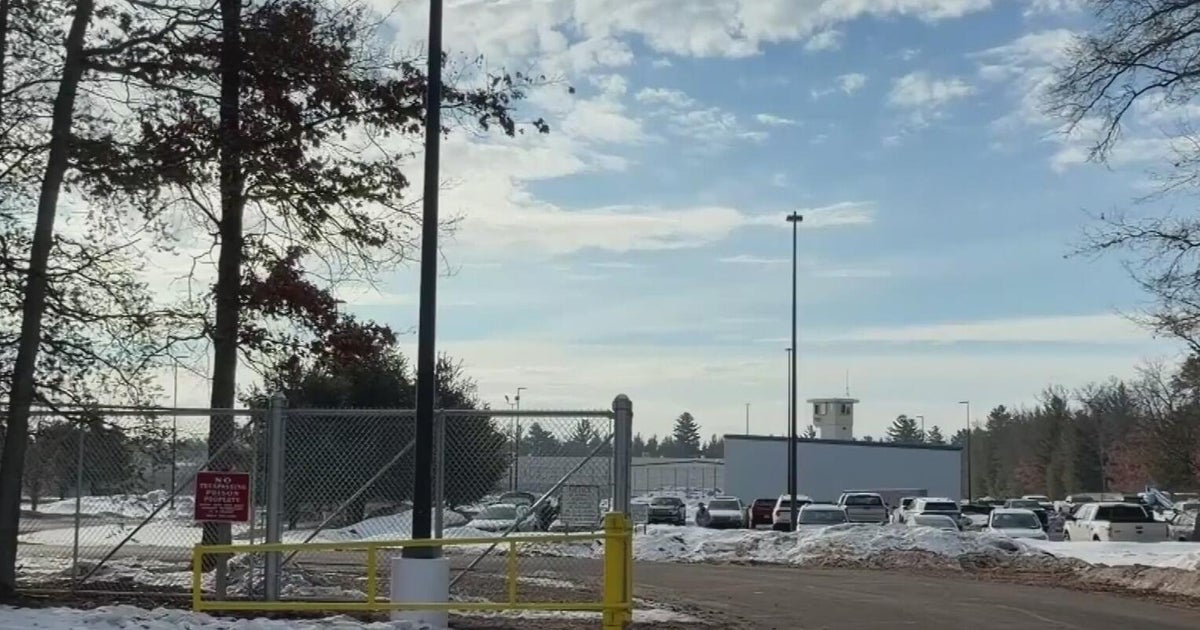Analysis: Redistricting alone doesn't explain Democrats' gains in Pennsylvania House
HARRISBURG (KDKA) - Democrats and Republicans didn't agree on much in advance of Tuesday's election, but in Pennsylvania, they agreed on one thing: Democrats would almost certainly gain seats in the commonwealth's House of Representatives, thanks to a once-a-decade redistricting process, which Republicans called unfair gerrymandering and Democrats called a belated rebalancing from previous gerrymandering.
The Democratic gains happened, enough so, claim Democrats – although Republicans dispute this – to give Dems something even they considered a long shot: control of the House for the first time since 2010.
What's already clear, according to a CBS News analysis of election results: Redistricting alone doesn't seem to explain the Democratic gains.
In districts where both a Democrat and a Republican were on the ballot, Democrats captured a total of 51% of votes statewide to 49% for Republicans, among voters who voted for one of the two parties. That's a significant reversal from a 52.1% to 47.9% edge for Republicans in 2020, in districts meeting the same definition then, according to the analysis.
(Pennsylvania's state House has 203 seats. Votes for candidates who ran unopposed were excluded from the analysis.)
The analysis indicates some voters actually shifted their preferences toward House Democrats, even beyond votes that were reallocated by the new district lines. Why?
"I think the GOP nominee for governor, Doug Mastriano, lagging as far back as he did, certainly hurt candidates, because now they had to run anywhere from five to 10 points ahead of him, especially in those key districts in suburban Philadelphia and suburban Pittsburgh," said Christopher Nicholas, a Harrisburg-based veteran Republican political consultant.
Nicholas said Mastriano failed to pivot from stances popular with Republican primary voters, such as fierce opposition to abortion and questions about the validity of the 2020 election, to an emphasis on topics and views that resonate with centrist voters.
As early as Wednesday afternoon, Democrats said they were confident they had won enough seats, with few enough votes remaining to be counted, that they would win the 102 seats necessary to control the state House. As of Friday afternoon, they had secured 101 seats. The Associated Press hadn't yet called two House races, one a Democrats led by two votes and one a Republican-led by 14 votes.
"We definitely believe their claim that they won the majority at this time is very premature," said Jason Gottesman, a spokesman for Pennsylvania House Republicans. "Votes are still being counted, and we continue to monitor close races."
Montgomery County's election board continues canvassing provisional ballots cast by voters Tuesday. And Gottesman noted additional valid ballots could even still arrive, because federal law requires ballots from overseas voters, such as military members, to count if they are postmarked by Election Day, as long as they arrive within a week after the election.
The number of such ballots received in the final days after an election is typically small, although CBS News couldn't immediately determine if enough were outstanding in the districts in question to influence the outcome.
In Bucks County's 142nd House district, Mark Moffa (D) leads Joseph Hogan (R) by just two votes. In Montgomery Count's 151st House district, William Stephens (R) leads Melissa Cerrato (D) by 14 votes.
Rep. Leanne Krueger (D-Delaware County), chair of the House Democrats' campaign committee, said Friday she maintained the confidence she first expressed Wednesday that after all votes are counted – and after recounts, which will occur in the races – Democrats will control the House of Representatives. Provisional ballots – often cast by voters who request mail-in ballots but later decide to vote in person – have tended to favor Democrats, she said.
Krueger said Montgomery County has about 1,000 total provisional ballots left to canvass and count for the entire county, although it's unclear how many of those are in the House district Stephens and Cerrato are contesting.
Also unclear: how soon Democrats would actually be able to take control of the House of Representatives if they do win one or both of the outstanding seats. That's because three heavily-blue districts, whose seats will almost certainly be occupied by Democrats, just as certainly won't be occupied by Democrats for a short time, until after forthcoming special elections.
Rep. Anthony DeLuca (D-Allegheny County) died in October. Rep. Austin Davis (D-Allegheny County) will have to resign his seat when he becomes lieutenant governor. Similarly, Rep. Summer Lee (D-Allegheny County) will have to resign her seat now that she has won a U.S. Congressional seat.







